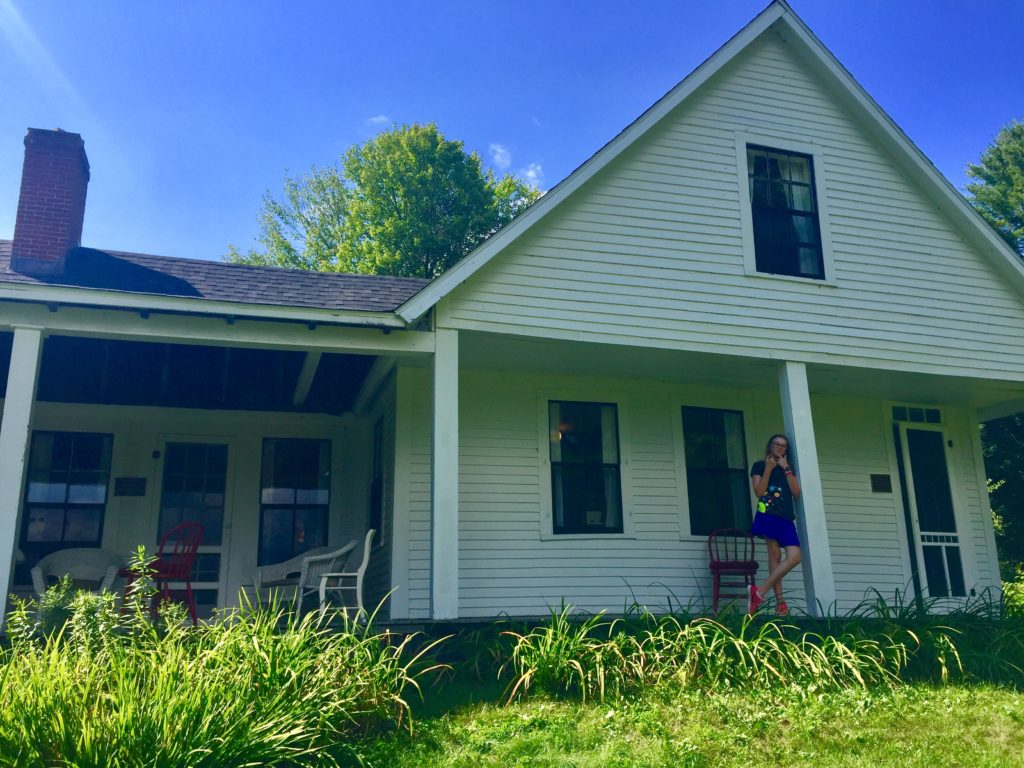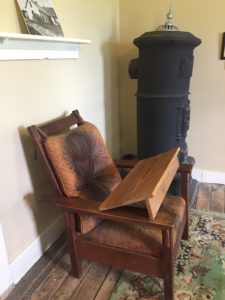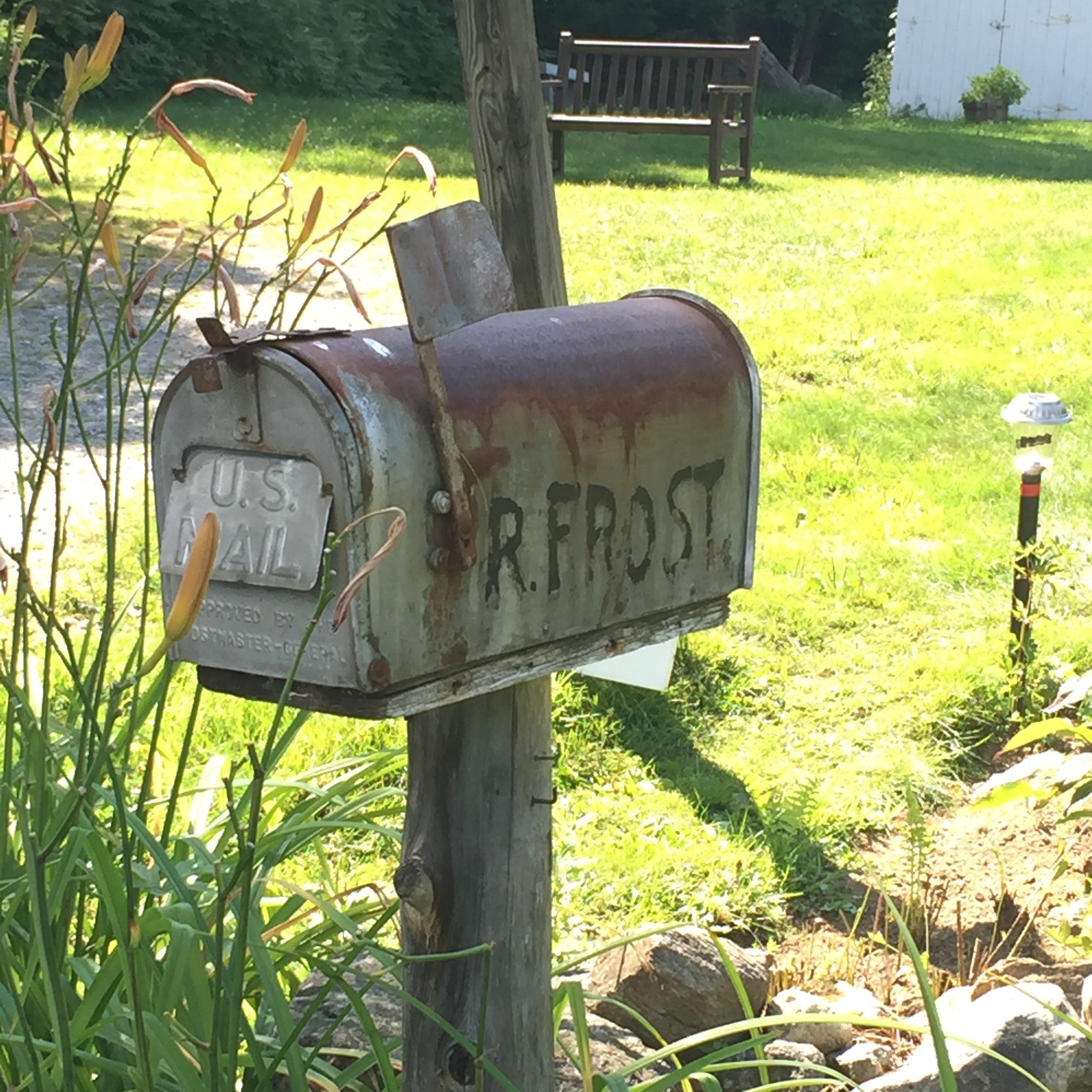Feedback
This month I’ve been taking a class in creative non-fiction over at The Porch. A dozen or so women sit around a big plank table each week, and we talk about delicious classics like “You Blow My Mind! Hey, Mickey!” by J.J. Sullivan. And then the teacher assigns wondrously devastating pieces like “How to Slowly Kill Yourself and Others in America: A Remembrance” by Kiese Laymon. And we read Caroline Seigrist narrate her first night as a chaplain in the Emergency Department in “Code Grey“. I am relieved to learn that Seigrist was a student in one of these Porch classes not so long ago.
Each week we show up to learn from good writing by deconstructing it, admiring it, and seeing the tensions and motivations in it. We each grasp at what makes good writing so good. And then … then we try to go and do likewise.
Each week one of us shares our writing with each other and our editor/coach, Maria Browning. Most importantly we get that essential, intangible, ineluctable part of really good writing… feedback. The best of it comes in thoughtful questions. Have you thought about how the time frame in this essay is unfolding? Where are you standing when you tell this part of the story? Can you say a little more about how that moment was a turning point?

This spring I’ve been working and reworking an article about women in ministry in America. I have new data to share, and I have put parts and full drafts of my labors into the hands of no fewer than 25 people, including my class at The Porch. By the way, there is no actual porch. Or even a window with a view, or any window at all. Which is kind of disappointing.
But you get the idea right? It’s a friendly metaphor. We are gathered in a way that is both formal and informal. Sitting and talking. Maybe there was an original porch somewhere. And those big planks in the table do sort of remind me of the floor of a farmhouse porch, like one I visited last summer.
My family was literally wandering through New Hampshire, on The Big Road Trip of 2017, when we stumbled onto the summer home, and now museum, of the American poet, Robert Frost. After a little more reading about Frost, it seems that he had little interest in feedback. However, most writers, and he was not like most, need feedback loops to figure out what is working and where their writing is going astray.
I needed feedback this week. The women in ministry essay was at an impasse. Having written two full and different versions in recent weeks, I still found it was not performing in the way I intended. With feedback from one friend and one teacher, I could finally see what to do. Getting outside my own brain and seeing from someone else’s point of view, I could finally conjure a choice that would move me forward. Not a road less taken, mind you, but one not previously seen.

It can be a tiny bit terrifying to share your work. But most of us, Frost aside, need a loop of feedback to comprehend how to improve our words and stories for the sake of our readers, for the sake of saying what we mean, for the sake of finding a structure, one that works and slips into the background like a comfortable chair.
So do it. Share your work before you think you are ready. Even while you are still stuck. Listen patiently to the feedback. You may not feel patient or even like listening. And – this is important – the friendly critic or the teacher may not even be right. But in putting your work into the world and getting some feedback, you may eventually find a way out of your impasse.
This post brought to you by the letter F.




